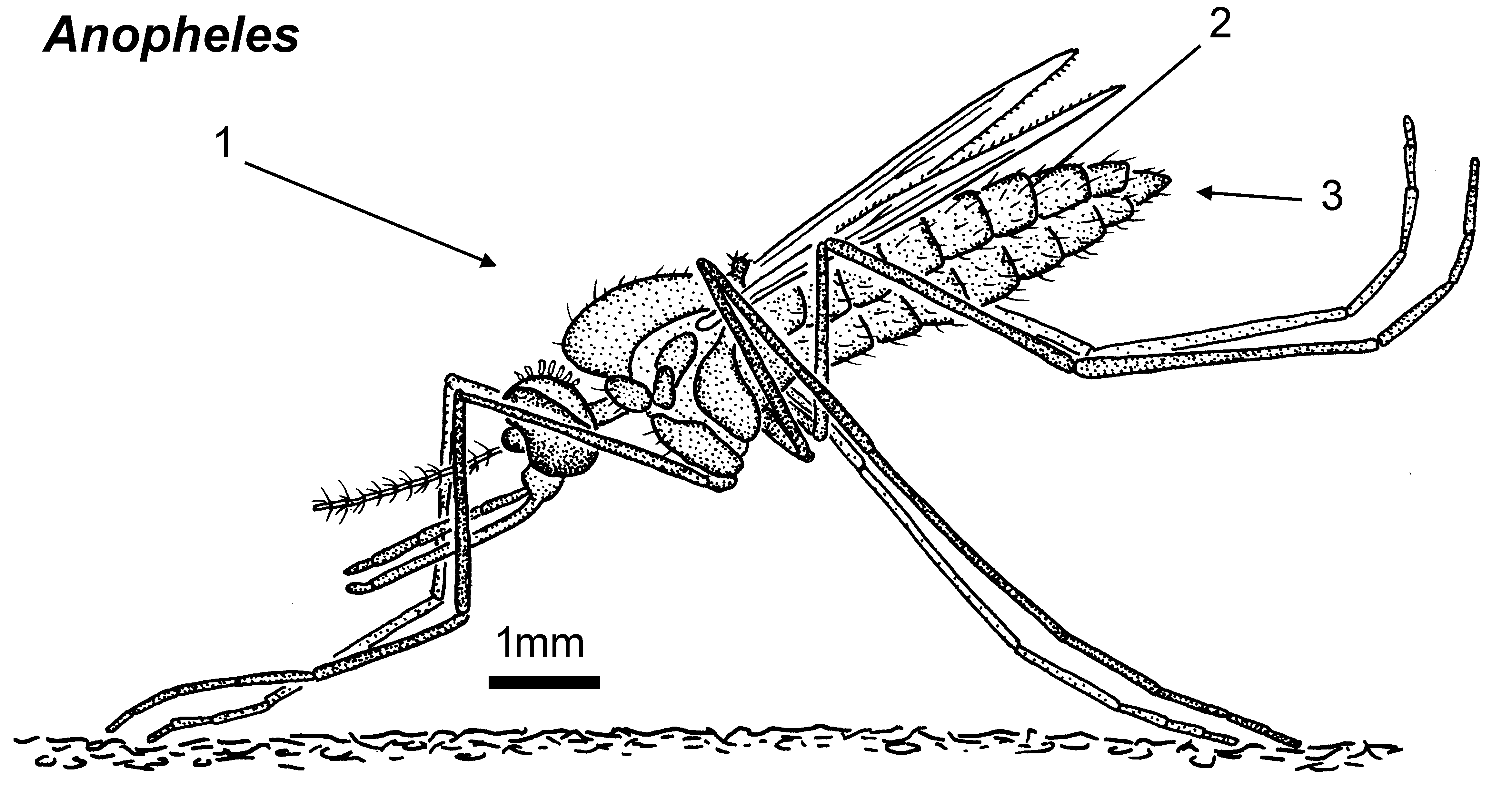

By Asmita - Jul 23, 2025
Zimbabwe facing significant resurgence of malaria with US funding withdrawal cited as a major factor by experts. Public health crisis worsens as research funding gets cut, leading to shortage of mosquito nets and increased risk for thousands of individuals.

Acarologiste via Wikimedia
LATEST
Zimbabwe is facing a significant resurgence of malaria, with the number of deaths from the disease tripling in recent times. The withdrawal of USAID funds has been highlighted as a major factor jeopardizing decades of progress in malaria control efforts, according to experts. This setback has led to cuts in research funding and a shortage of mosquito nets, putting thousands of individuals at risk across the nation.
Zimbabwe, once making strides in the fight against malaria, is now witnessing a concerning reversal of fortunes. Experts have sounded the alarm, describing the disease's resurgence as striking back 'with a vengeance'. The situation has escalated dramatically, with a staggering 115 outbreaks reported in 2025, a stark contrast to just one outbreak documented the previous year.
The sharp increase in malaria cases has closely followed the abrupt halt of critical funding for US research and national response programs by the Trump administration six months earlier. These cuts have left Zimbabwe grappling with a public health crisis, as the lack of financial support has severely hampered the country's ability to effectively combat the spread of the disease. The shortage of vital resources like mosquito nets has further exacerbated the situation, leaving many vulnerable to malaria infections.
The resurgence of malaria in Zimbabwe not only poses a grave threat to public health but also underscores the interconnectedness of global health initiatives. The detrimental impact of funding cuts on disease control efforts serves as a cautionary tale for the broader implications of disinvestment in healthcare programs. As the country grapples with the resurgence of malaria, urgent intervention and international support are crucial to mitigate the escalating threat to public health and prevent further loss of life.